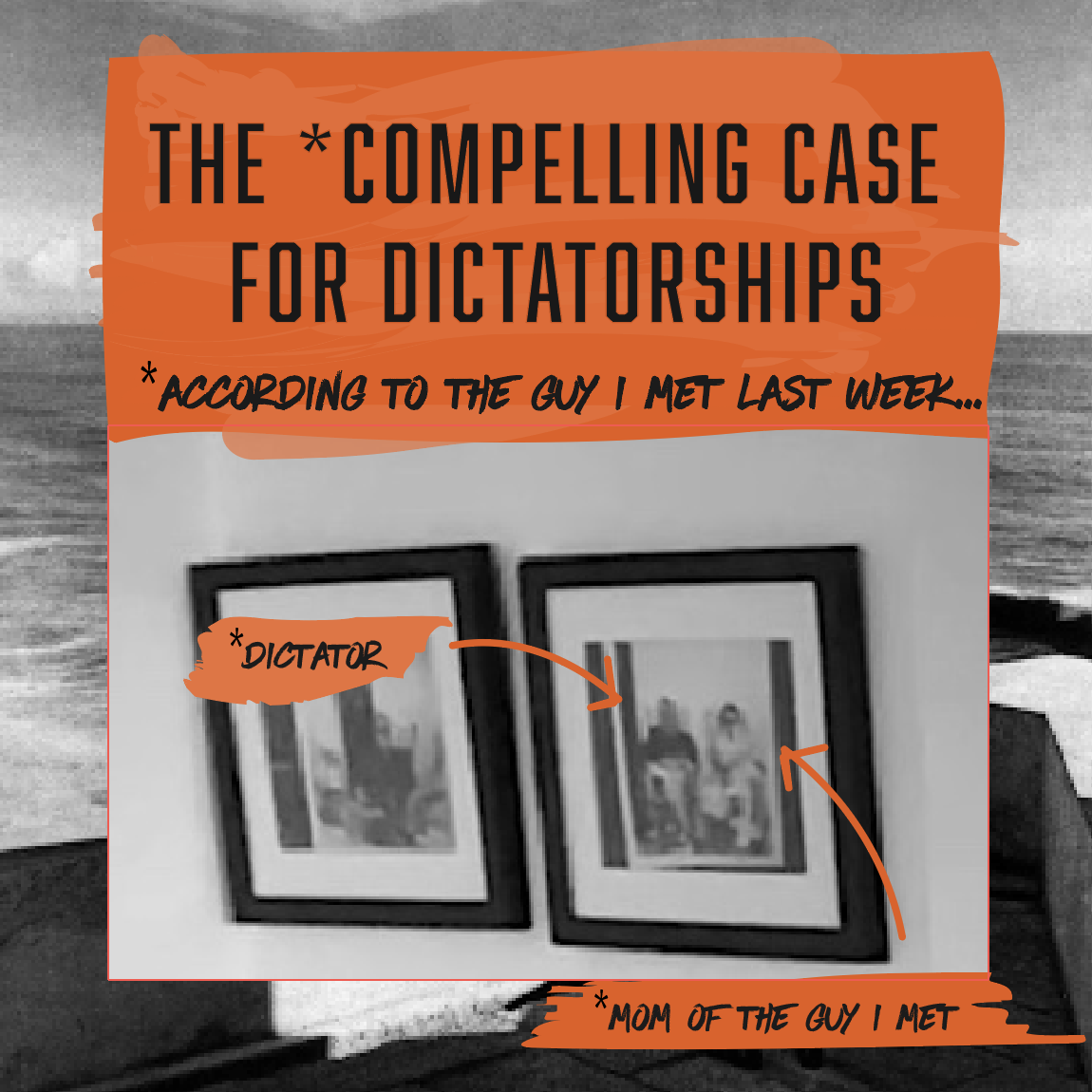Facing Her Own Trauma to Help Others Face Theirs
…
In my mind, Grace is like a phoenix. People keep lighting her on fire and she keeps rising from the ashes, beautifully aflame for what she knows is true.
Grace has been through a lot… something she’s courageously open about.
Her history of physical, sexual, mental, and cultural abuse does not define her… but that trauma has shaped her into the woman she is today. The woman boldly discussing how she survived her past and how she is surviving her present. Deeply passionate about helping other black women who have been through similar hellscapes of trauma and abuse.
There are layers upon layers of Grace’s traumatic experiences. Starting with her racist white family of origin, leading to a series of abusive relationships, bookended by fairly severe PTSD… all which is partially fueled by our culture’s general lack of value for black women.
I’d understand if the effects of her trauma were entirely debilitating and some days it seems they are. But her traumatic experiences are also what fuel her passion for wholeness and healing for herself and for other black women.
“Grace continues to rise from the ashes, showing other women like herself that they too can rise in a blaze of redemptive healing fire.”
Grace can pinpoint the exact moment she decided to dedicate herself to helping black women like herself find safety, wholeness, and healing. She was 16 years old, at a boyfriend’s house, afraid she might not survive his violence. She remembers thinking that if she survived she wanted to do something to help all the other black girls who had also been treated this way. Because there are a lot of them.
At that time, Grace was attending a private high school in Detroit that, unlike the local public school, was majority white. At that school, she began to notice the ways oppression and racism are built into American social structures, including schools. She began to see clearly that black women are at the bottom of America’s social hierarchy—a fact she both knew intuitively and felt physically at the hands of her boyfriend.
Decades of trauma (and healing) later, Grace is still committed to surviving and helping other black women survive too.
She tells me that her own struggles and experiences highlight the need for resources and safe spaces for black women to heal. The stories that other women share with her on social media confirm that need.
To that end, Grace is focusing on two particular areas of work right now:
Learning how to love herself and figure out what she needs to be well (this is important, she tells me, because she’s “never lived like that or had value for it before.”)
Creating resources to help other black women do the same… specifically, a book, a blog, and an online video chat support group.
Grace’s commitment to being well and telling her story are vivid examples of how she’s not just pointing the way… she’s leading the way. By example.
Sure, it’s uncomfortable at times (especially for other people who would prefer Grace to keep her trauma to herself,) but it’s also “a redemptive way to use what I’ve been through,” she says. Telling her story publicly gives other traumatized women the freedom to share their story… and that gives them the power to reclaim it. For Grace, that makes her work worth all the pain it causes and sacrifices it requires.
“Advocacy of any kind is a commitment to a certain level of pain,” she tells me. “Because when you’re working to help heal someone’s oppression or suffering, you can’t look the other way, or pretend like the pain isn’t there. You have to face it.”
Every damn day.
“Diving into that pain is exhausting… but fulfilling,” she explains.
And yes—this is a hard choice to make. It uses up emotional energy she might have otherwise invested in her three kids and takes away from her everyday peace of mind.
But she knows the healing power of this work—she’s benefitted from the similar work of others. And she goes to bed at night knowing she played her part. Knowing that she can look back and say that she did the hard stuff and didn’t back down.
On top of that, this work allows her to be the kind of person she wants to be. Because despite the fact that it drains her, Grace says this work increases her love and empathy for people—it helps her view others with a level of compassion that she doesn’t have when she’s not engaged in her advocacy and healing work. Her fear, she says, and her selfishness tend to take over when she isn’t actively working on these things.
So for the love of others, and for her love of self, Grace continues to rise from the ashes, showing other women like herself that they too can rise in a blaze of redemptive healing fire.
Follow Grace on Instagram
Check out Grace’s blog and sign up for her newsletter














